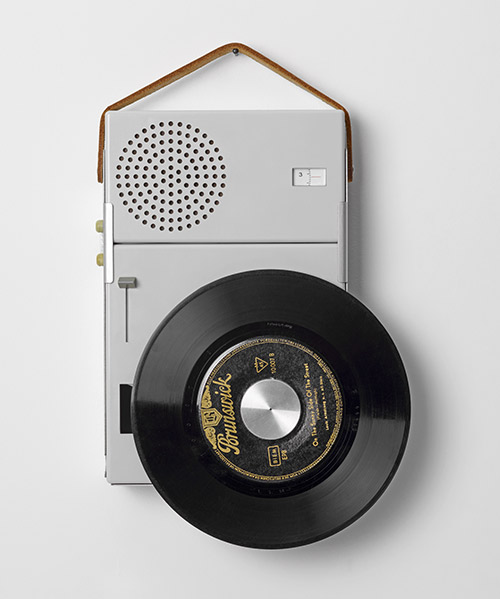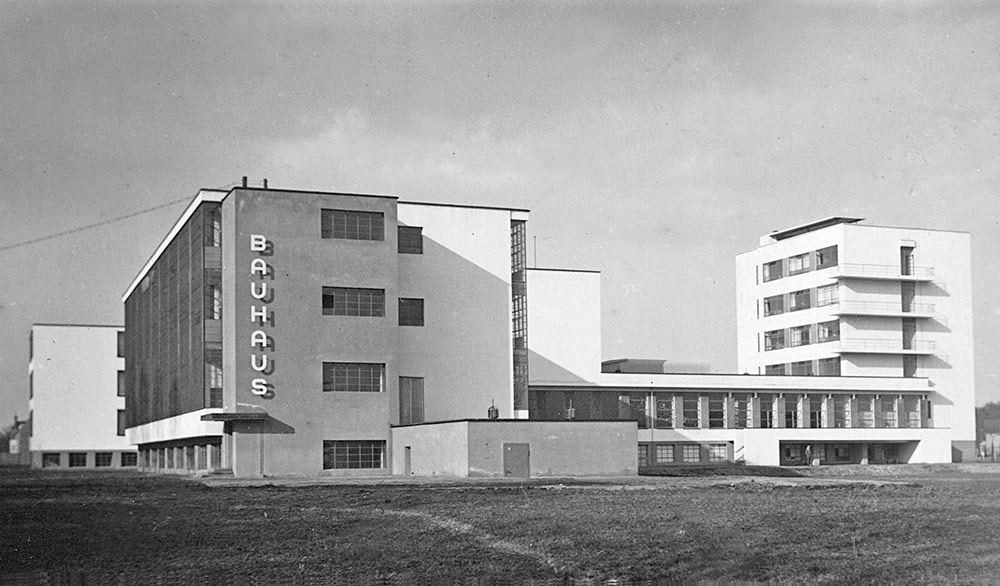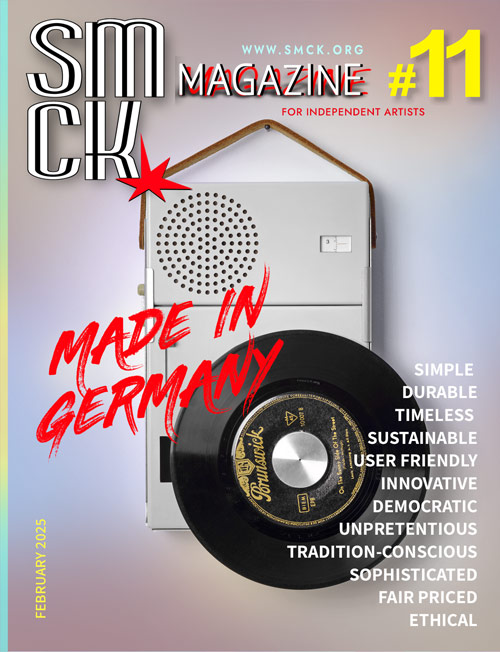EDITORIAL
A VISION FOR TRUE DEMOCRACY
By Loukia Richards
 THE PHOTOGRAPH by Falk von Schönfels. Habicht, Stubai Alps near Innsbruck, Austria.
THE PHOTOGRAPH by Falk von Schönfels. Habicht, Stubai Alps near Innsbruck, Austria.
Made in Germany is much more than just a location branding: it is history, politics, industrial innovation and international trade competition, cultural values, social engagement, and labor standards.
Although ‘Made in Germany’ is still of enormous importance for German and European prosperity – and consequently for democracy – the fear of being labelled negatively for breaching ‘political correctness’ led many designers to denounce ‘Made in Germany’ as a relic of the past or even as an expression of ethnocentricity.
‘Made in Germany’ is a successful application of David Ricardo’s competitive advantage, an economic theory beneficial to international commerce and peaceful coexistence. Ricardo's teachings are of great importance, especially today when tariffs, tolls, and isolationism threaten to throw the international community off balance. The eighteenth-century British economist and politician claimed that nations should identify where their advantage lies in producing material and immaterial goods effectively and exchange those goods or services for the same goods that other nations have produced better, faster, cheaper.

Braun TP1 (1959) - the first modular music system. Photo: © Braun / Gerhard Kellermann.
Over the last half-century, developing countries rooted their competitive advantage in cheap labor, using it to attract European and U.S. manufacturers and capital. This was at the expense of labor laws, ethical standards, and environmental issues, which were not considered or respected during these countries’ industrialization process.
‘Made in Germany’ means top quality, education and research, innovation, workers' rights, ethics, product durability, sustainability, society-oriented design goals, aesthetic unpretentiousness, integration of cultural heritage. Additionally, through fair pricing, ‘Made in Germany’ goods enabled many consumers’ access to comforts and improved quality-of-life.
‘Made in Germany’ was not born overnight, yet it became transnational quite early and spread its principles from Weimar and Dessau to Athens, Tel Aviv, and the rest of the world, thus enhancing the talents and imaginations of foreigner designers too.
After the end of World War II, increasing demand for goods and services made in Germany attracted blue-collar and white-collar foreign workers, offering them opportunities for a better life, education, citizenship, and active participation in politics. Germany should be proud of the innumerable success stories of its new citizens – Greeks, Italians, Spaniards, Portuguese, Kurds, Turks, Vietnamese, Chinese, Korean, former Soviet Union citizens, Indians, Israeli, and other migrants – who contributed with their energy, expertise, commitment, talents, and values to the international radiance of the ‘Made in Germany’ label.
Thus, we should not snub the brand’s qualities such as commitment to perfection, social responsibility, environmental protection, respect for labor rights – all characteristics stemming from the cultural and ethical fundaments of Germany shaped through the centuries, as ‘ethnocentric’.
SMCK Magazine offers its readers food for thought by compiling a glossary of what ‘Made in Germany’ consists of. Let us think about what ‘Made in Germany’ pioneers tell us about the amazing story of an experimental and intrepid avant-garde, of the heroic sacrifice of Hans and Sophie Scholl that inspired the vision of postwar designers for true democracy, of the quest for improving the life quality of the less privileged, and last but not least of enhancing customers’ pleasure and increasing consumers’ brand loyalty.
 Bauhaus building, Dessau. Architect Walter Gropius. View from the southwest, 1926/27. © Stiftung Bauhaus Dessau.
Bauhaus building, Dessau. Architect Walter Gropius. View from the southwest, 1926/27. © Stiftung Bauhaus Dessau.
LINKS:
fluctibus.com
Braun: design-and-craftsmanship
bauhaus-dessau.de
loukiarichards.net







